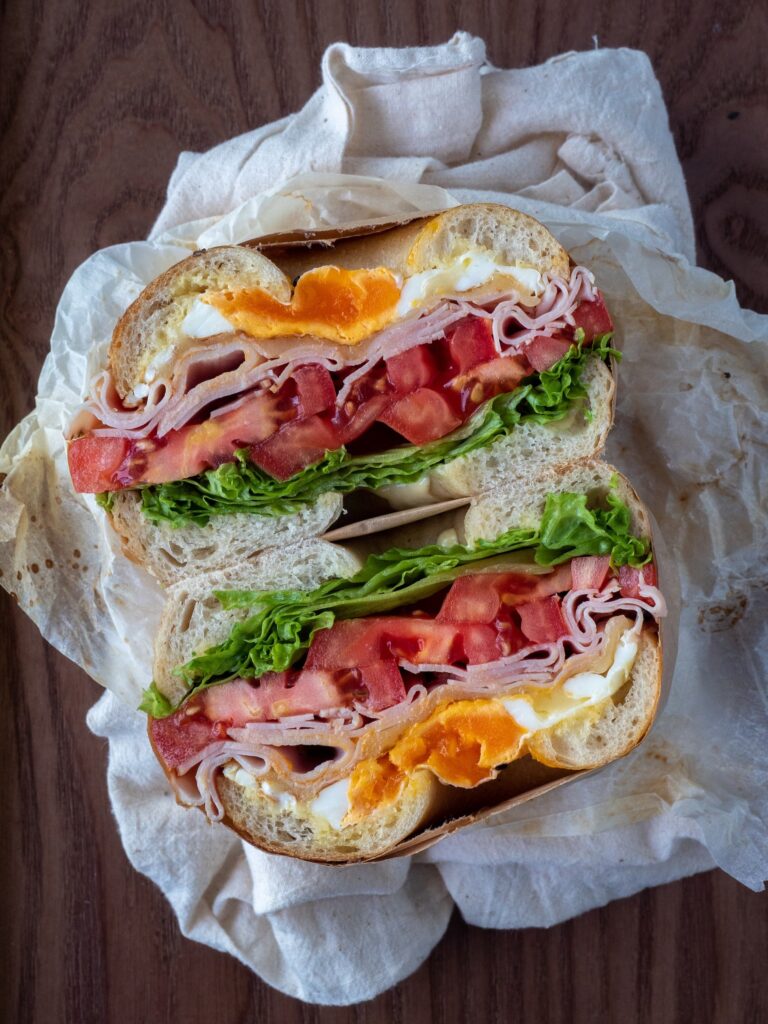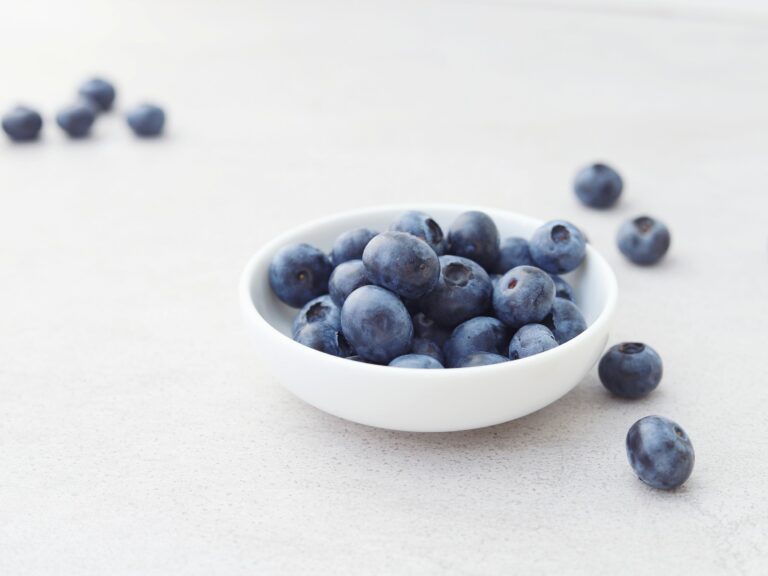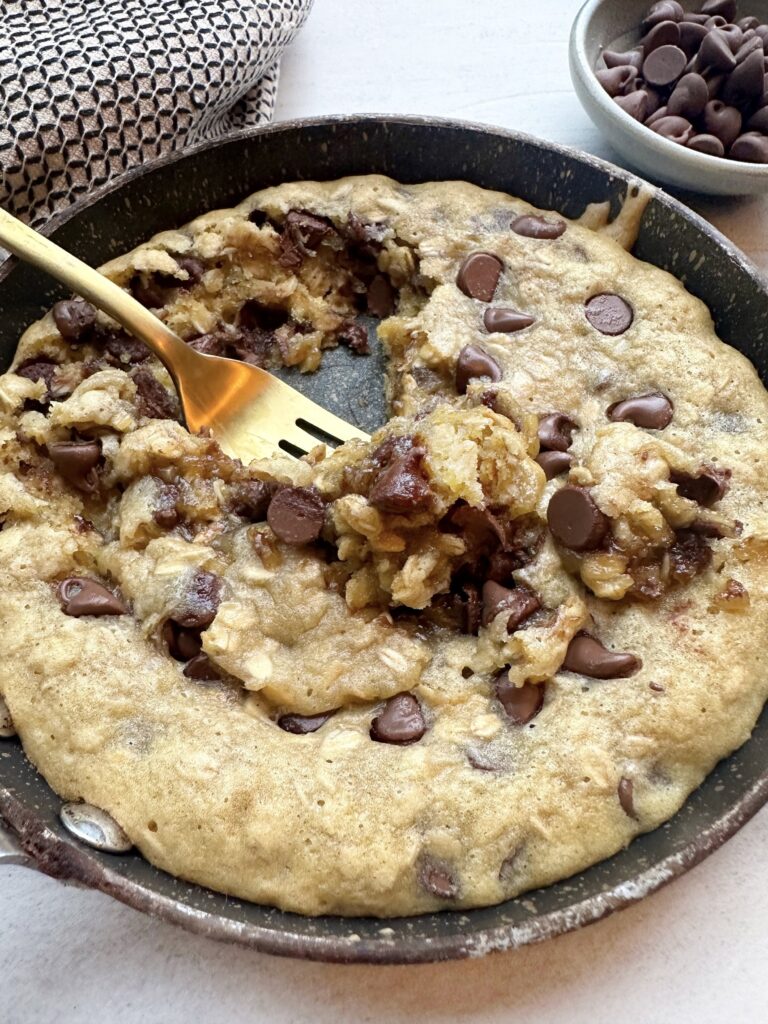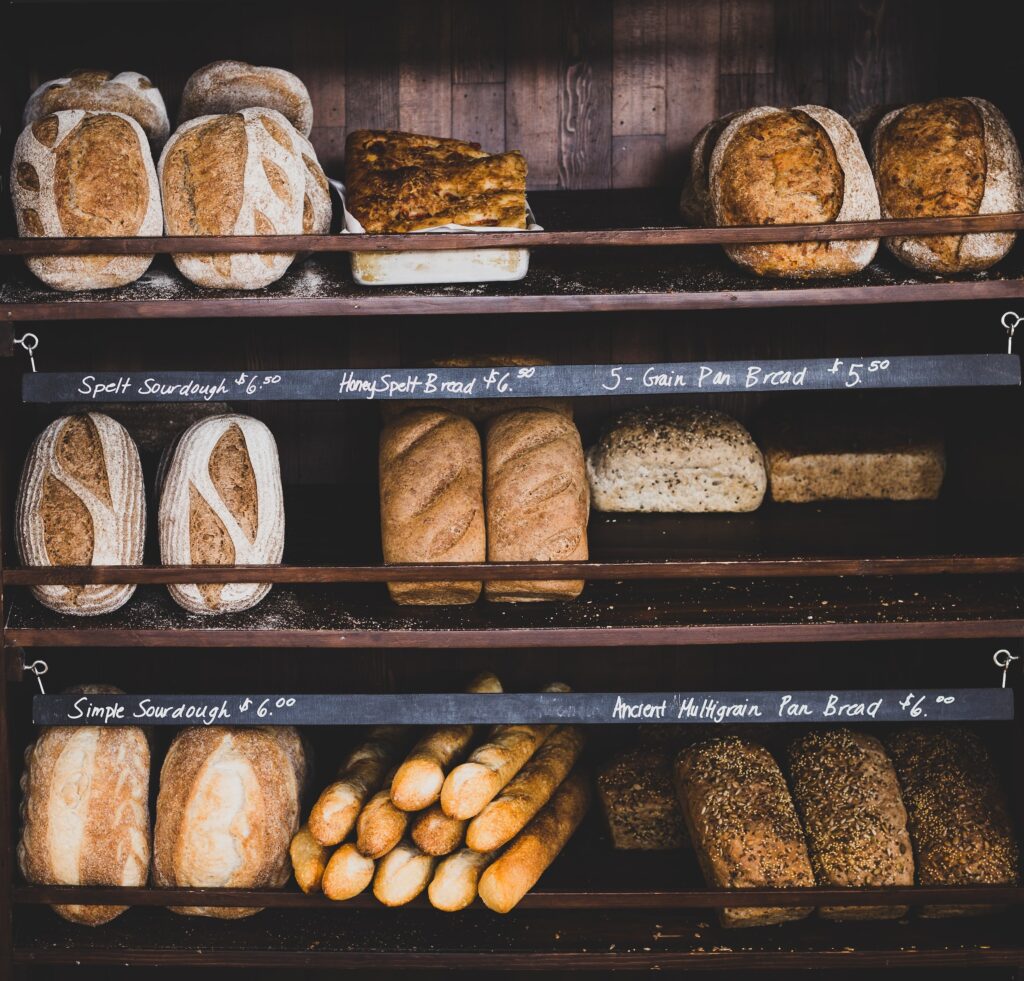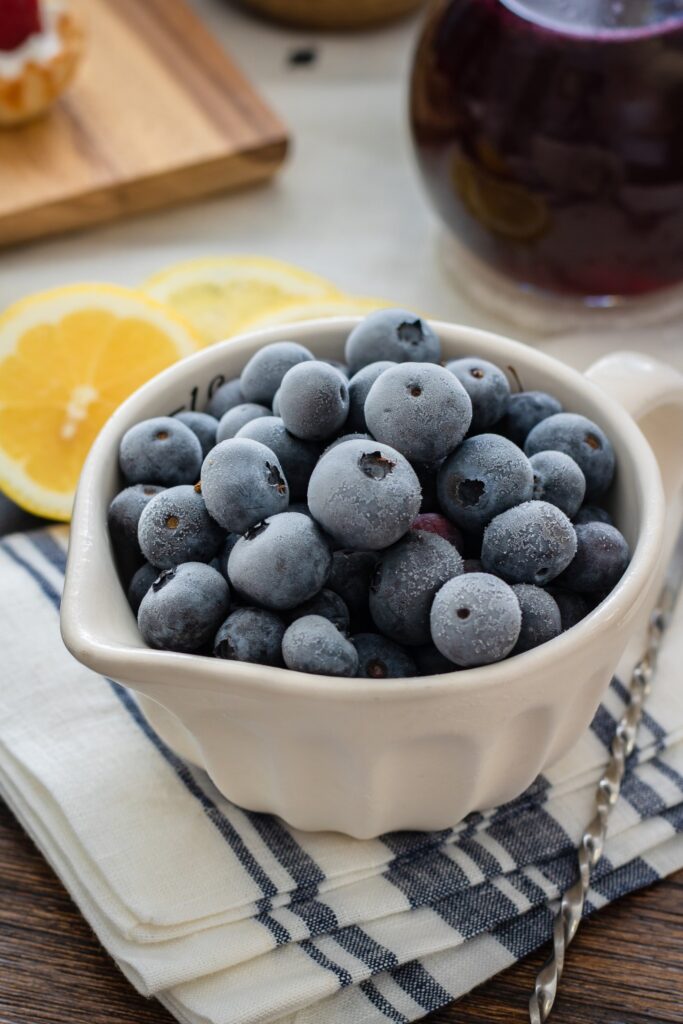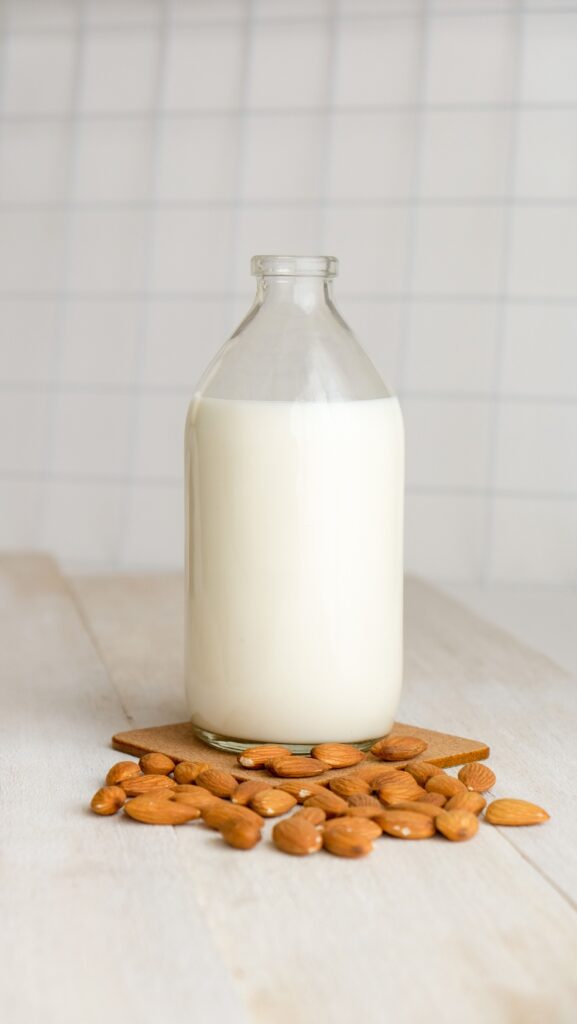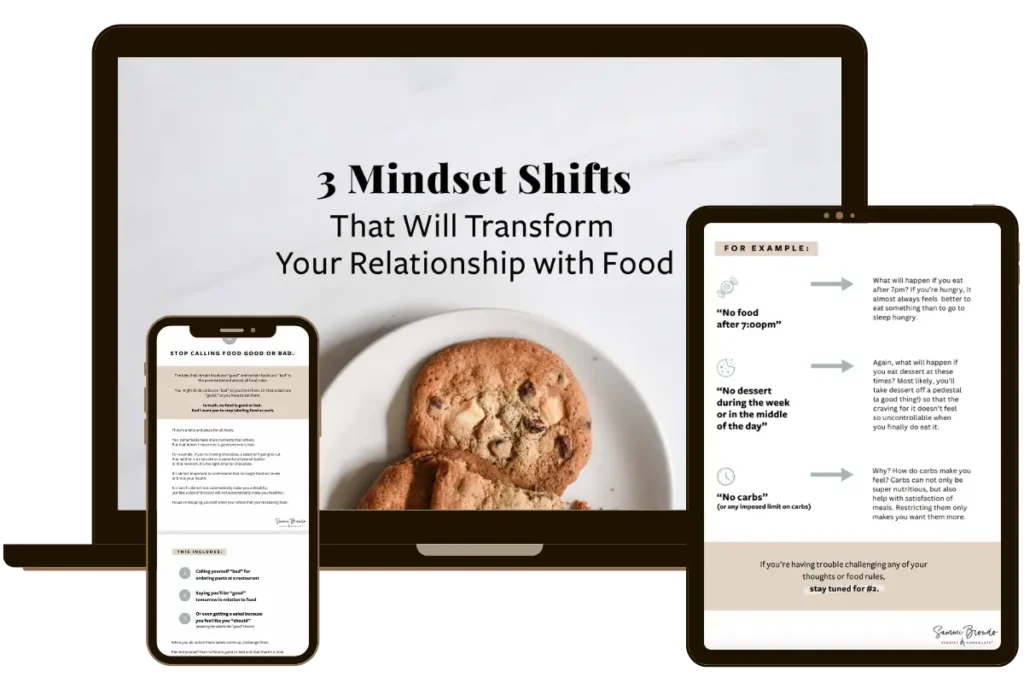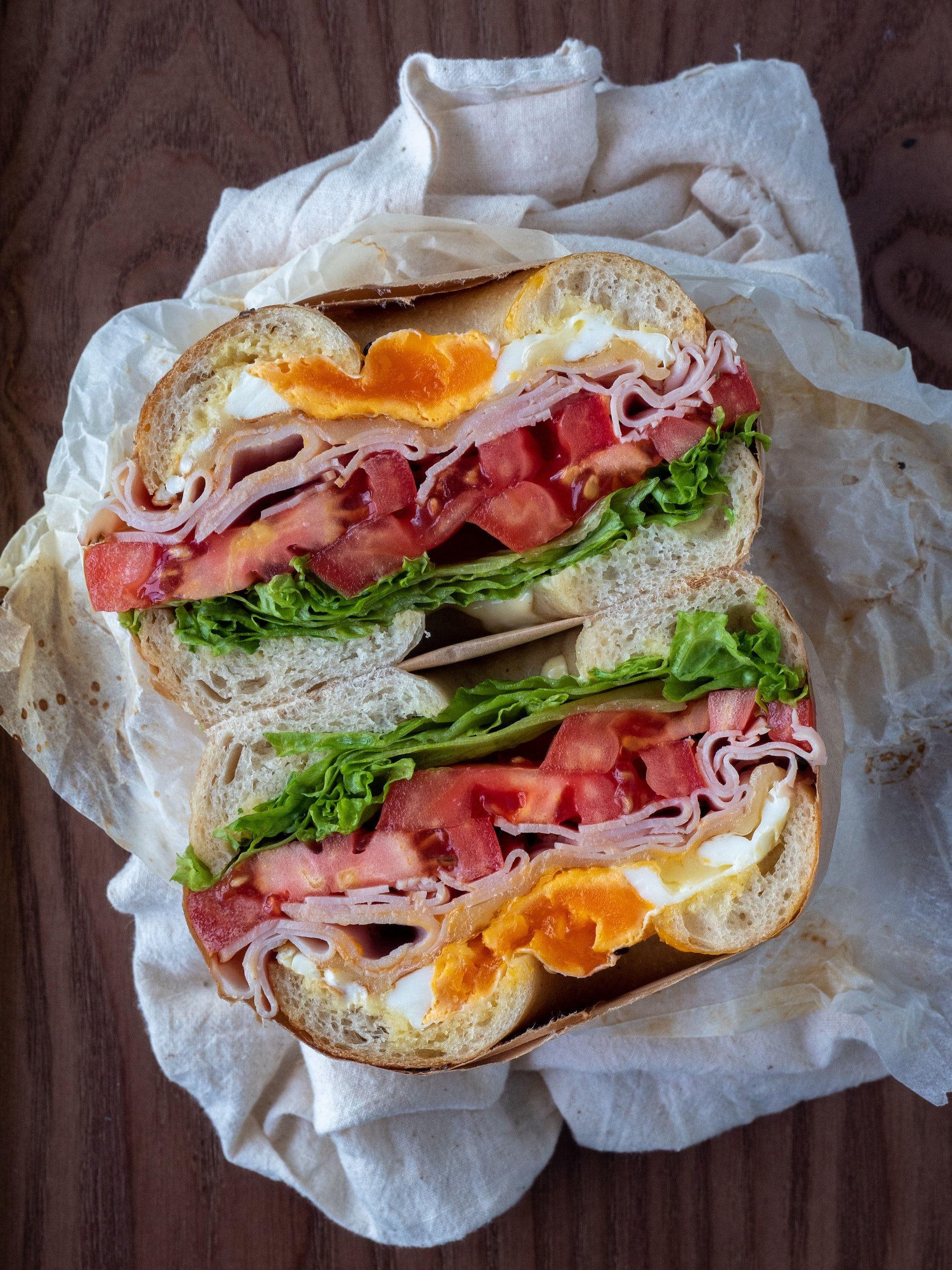
I’m sure you’ve heard someone say that “breakfast is the most important meal of the day.” But is it really?
Breakfast is important. But the most important meal of the day? I’m not sure about that.
As a meal, breakfast can be tough.
Many of us are busy in the mornings, rushing to get dressed or get to school or work. Finding time to sit down and eat breakfast just isn’t always feasible.
On top of that, I know a lot of people just aren’t hungry in the mornings. I’ve worked with countless clients whose appetites don’t kick in until later in the day.
So, how important is breakfast? Should you force yourself to eat even if you’re not hungry? Should you wake up 30 minutes earlier to make yourself a sitdown meal?
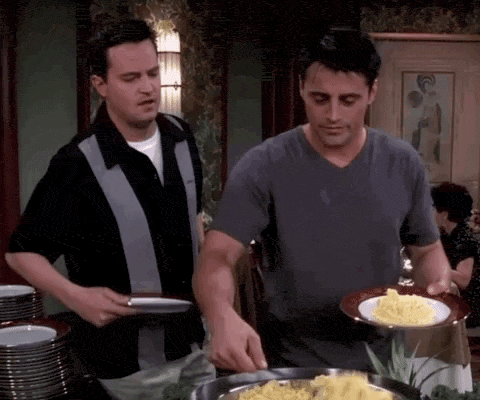
SO, LET’S DIVE IN.
The basics
Breakfast literally means break the fast. For most of us, it’s the first time we’re eating after a long period of “fasting” overnight (it’s not technically fasting when you’re sleeping, but hopefully you get the point).
For this reason, breakfast can be really important. It’s a great way to signal to your body that it’s time to wake up and get energy for the day.
Keep in mind: food provides calories, and calories break down into energy in our bodies. Food is what gives us energy.
So, breakfast is a great way to start the day off on the right foot and give our bodies the necessary calories and energy that they need.
Plus, breakfast is also what gets our metabolism going for the day.
Metabolism is the breakdown of food in the body. When we eat breakfast, we tell our bodies that it’s daytime and it’s time for our metabolism to start running at a faster speed.
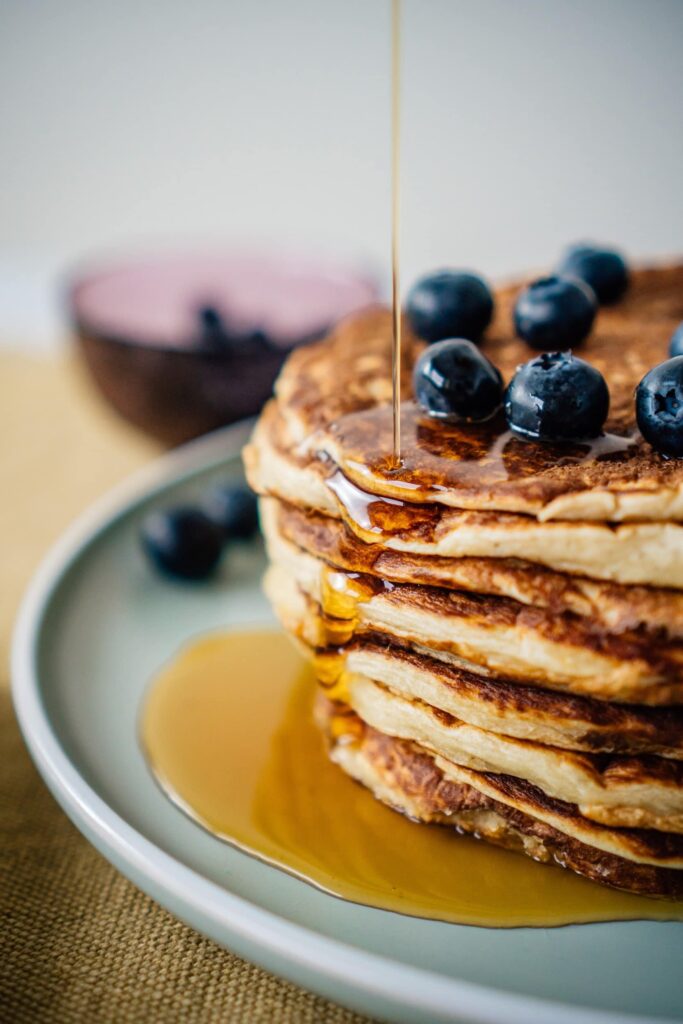
Why eat breakfast?
In addition to the benefits above, eating breakfast is a great way to help manage hunger levels for the day.
Think of it this way: when we skip breakfast, we might feel really hungry by lunchtime and maybe even more hungry by dinnertime.
Our bodies are often playing “catchup” for the rest of the day – constantly feeling hungry to catch up on the food that was missed in the morning.
Instead, eating breakfast helps to keep hunger levels more manageable throughout the day. It gives our bodies energy, keeps our blood sugar more stable, and prevents excessive hunger later on.
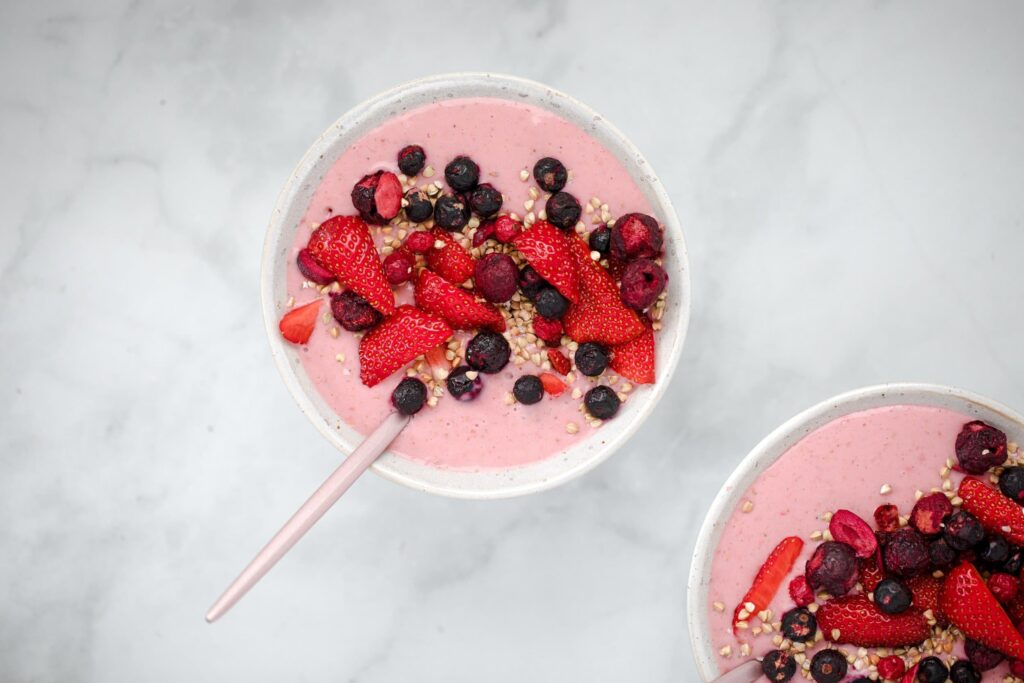
What to eat?
When you’re ready to dive in, I love a breakfast that contains different food groups, like grains, protein, and fruit. These food groups provide protein and fiber, making the meal both filling and satisfying.
It doesn’t need to be complicated either. You don’t need to cook a gourmet breakfast in order to have a nutritious one. In fact, you really don’t have to cook at all!
Some of my favorite easy breakfasts include:
- peanut butter toast with banana slices
- Greek yogurt with cereal and berries
- oatmeal with nut butter and apples
- avocado toast with an egg
- or an English muffin with cream cheese and tomato slices
The best thing about each of these breakfasts is that they’re easy. Give yourself just 5-10 minutes to make and eat them in the morning.
If you need to, throw them in your bag and eat them when you get to work. Like with anything food related, breakfast doesn’t need to be complicated and definitely shouldn’t add extra stress to your day.
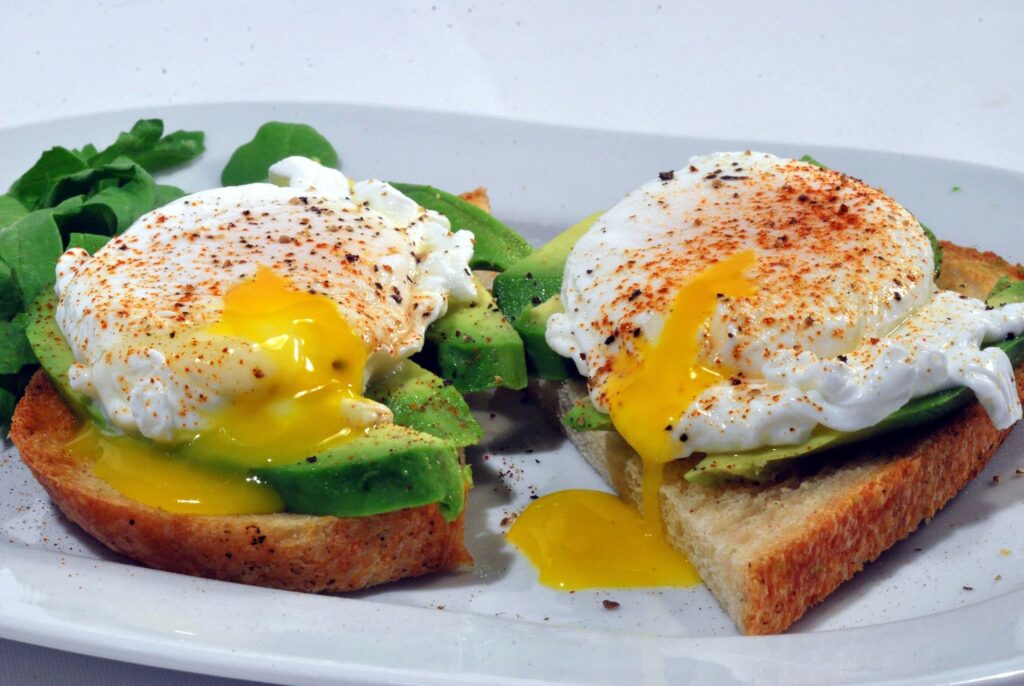
AT THE END OF THE DAY, YES, BREAKFAST IS IMPORTANT.
The most important meal of the day though? Let’s not give one meal that much power.
When it comes to food and nutrition, nothing is black and white. There’s nothing you absolutely must or cannot do.
If you’re hungry, try to eat something simple. If you’re not hungry in the morning, see if you can have something small within an hour of waking up. Have a bigger breakfast later in the morning.
Breakfast has a lot of benefits, but you also know your body best and what works for you.
